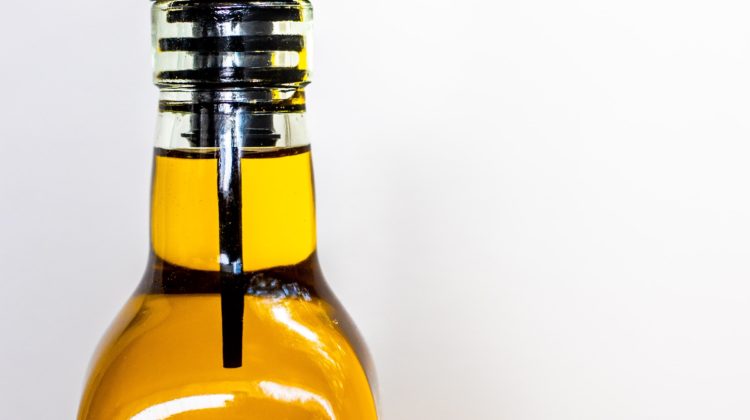
- New paper examining delivery methods of Asparagopsis taxiformis
- Homogenisation of Asparagopsis in vegetable oil resulted in the highest bromoform (CHBr3)
- Shelf life of oil product was found to be at least 12 weeks when stored at 25°C, with no lost of bromoform
- Also found that losses of bromoform from freeze-drying was almost 40%
Researchers tested a number of method for delivery of bromoform derived from Asparagopsis taxiformis across a range of factors including any effects of the solvent (water or oil), initial processing (intact or homogenised), and temperature (4°C or 25°C).
The study found that the most effective method was to homogenise freshly-collected Asparagopsis in oil, which resulted in the highest concentration of bromoform in the homogeneous product in the shortest time (one day). The final product had a shelf life of at least 12 weeks, even when stored at room temperature (25 °C).
Interestingly, there was an increase in the concentration of bromoform per mL of oil between each increment of biomass loading tested.
This method provides a viable processing alternative to freeze-drying, resulting in the stabilisation of the bromoform from Asparagopsis, which will be critical to the success of using Asparagopsis on a larger scale to mitigate the production of methane in ruminants.
Photo by jonathan ocampo on Unsplash.